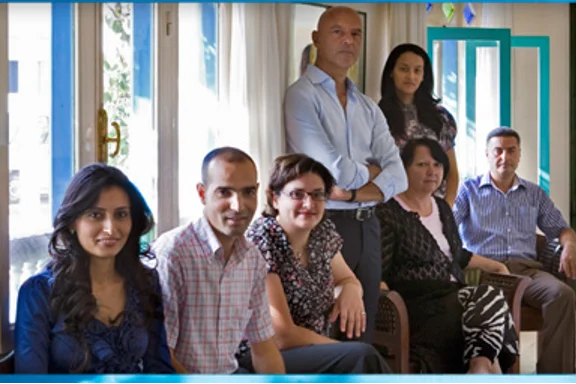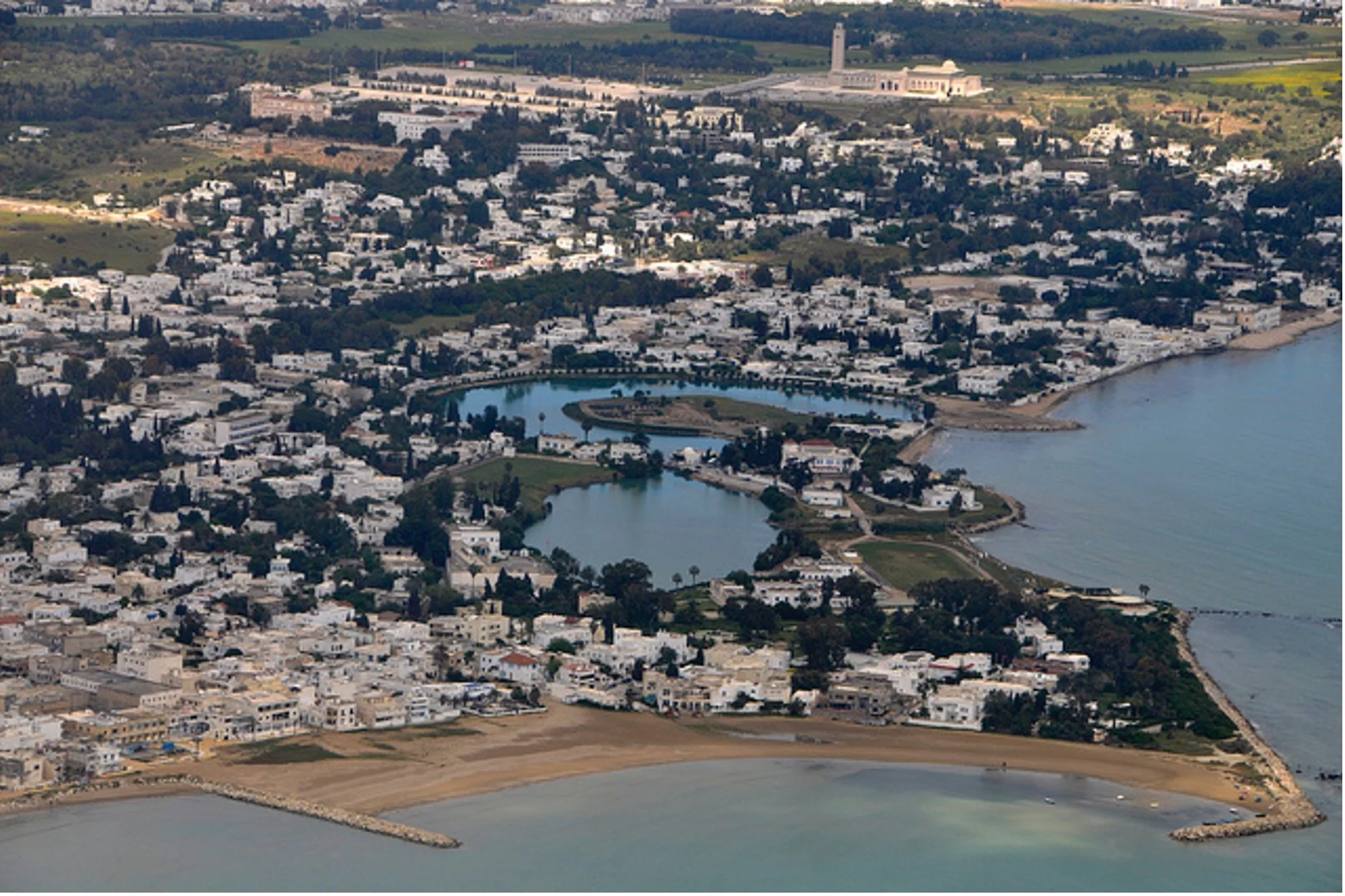Farmers’ Adaptation and Sustainability in Tunisia through Excellence in Research
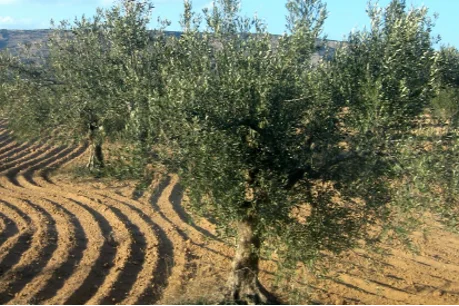
Tunisian agro-ecosystems face considerable challenges in the context of global change. Farmers need to adapt to the recurrent impacts of climate change, such as water scarcity and forest fires, and at the same time contribute to food security for an increasingly vulnerable society.
The support that Tunisian farmers need to face these challenges can be delivered through the improvement of Farm Advisory Services (FAS), reinforcing the ability to transfer knowledge. The FASTER project contributes through the creation of interactive spaces or FAS labs, where researchers, public administrations, educational institutions and professionals can work together with local farmers to adopt innovative practices and science-based adaptation solutions to climate change.
These FAS-labs will be able to improve mutual learning through active participation and also contribute to the creation of excellent research capacity and the construction of international networks thanks to the studies developed and the relationships established within the framework of the project. The reinforcement of researchers and technicians of INRGREF and associated centers will be developed by the EU partners of recognized scientific excellence in the subject and demonstrated experience in economic impact assessment, awareness rising and integration of science in sectoral policies at national level.
Citizen Observatory of Drought
National Projects
Project duration:
Nov 2020 to Sep 2021
The Citizen Observatory of Drought is a citizen science project that aims to advance better knowledge of the risk of drought in Spain. The project proposes new tools based on geographic information technologies, web applications and artificial intelligence, aimed at favoring deliberative and collaborative work, guaranteeing active and real public participation, improving decision-making processes in the field of water management and the drought, and, ultimately, improve the necessary dialogue between science, politics and society.
The Citizen Observatory of Drought is based on the development of a web geovisor that offers the following graphical and cartographic information:
climate and state of the reservoirs:
from drought impacts:
on planning and management of droughts in river basin districts and urban supply systems:
on the exposure, sensitivity and adaptive capacity indicators that define vulnerability to the risk of drought.
In a first phase, the Observatory focuses on the southern peninsular demarcations: Guadalquivir, Tinto-Odiel-Piedras, Guadalete-Barbate and Mediterranean Basins, with important conditions due to droughts and on which the work team already has extensive experience. Beyond information, following the recommendations of the OECD on public policy, the geovisor will facilitate the consultation and participation of citizens through a series of web applications and artificial intelligence (ChatBot, UserVoice and Story Maps), networks social networks (Twitter and YouTube) and in workshops to generate new knowledge and informed opinions that improve the quality of the public debate on droughts and their management in the near future.
 Algeria
Algeria Bahrain
Bahrain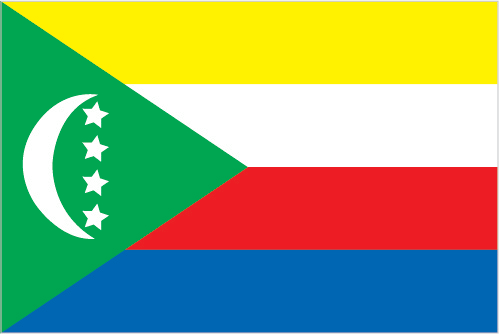 Comoros
Comoros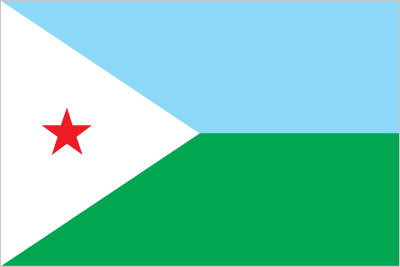 Djibouti
Djibouti Egypt
Egypt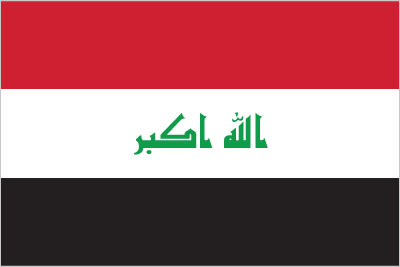 Iraq
Iraq Jordan
Jordan Kuwait
Kuwait Lebanon
Lebanon Libya
Libya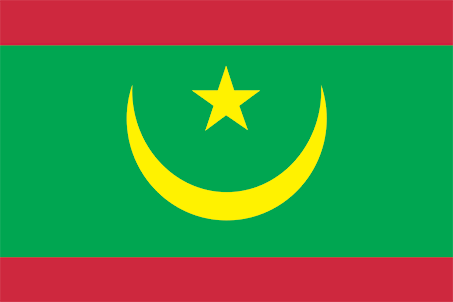 Mauritania
Mauritania Morocco
Morocco Oman
Oman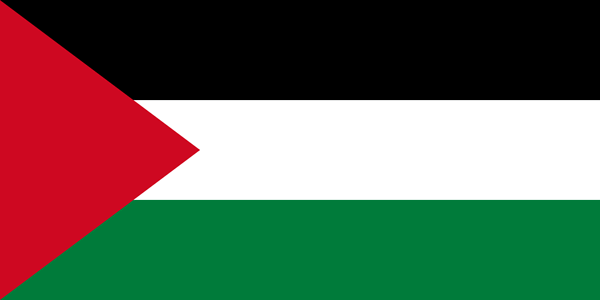 Palestine
Palestine Qatar
Qatar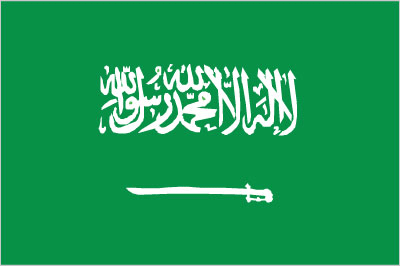 Saudi Arabia
Saudi Arabia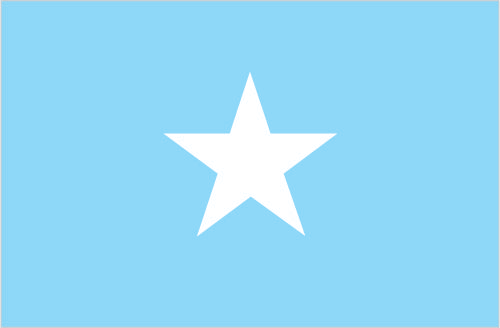 Somalia
Somalia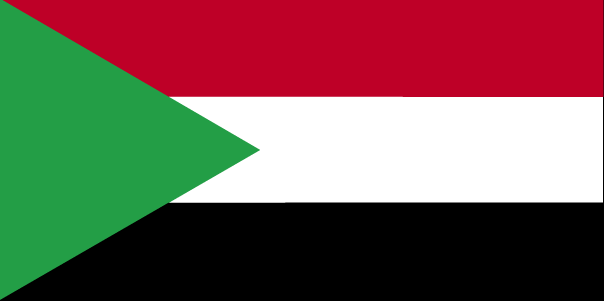 Sudan
Sudan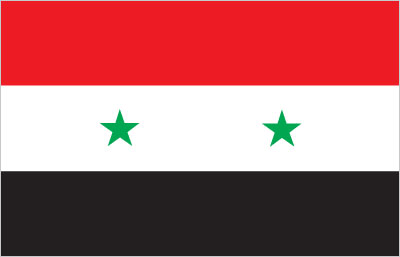 Syria
Syria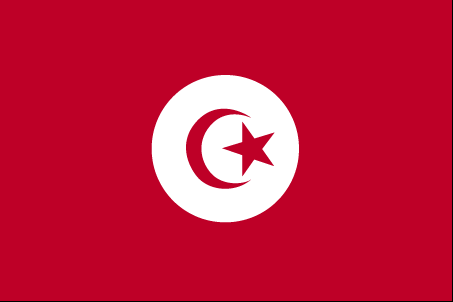 Tunisia
Tunisia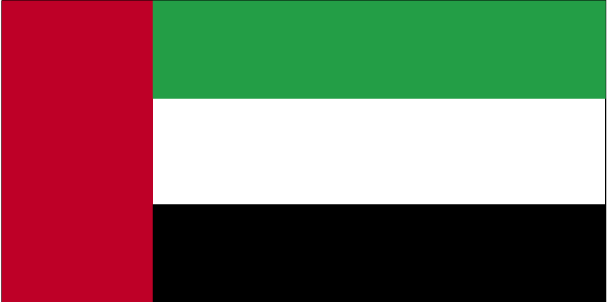 UAE
UAE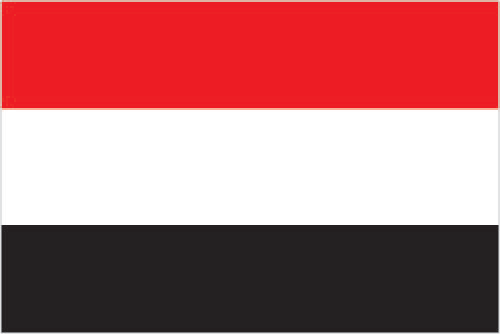 Yemen
Yemen